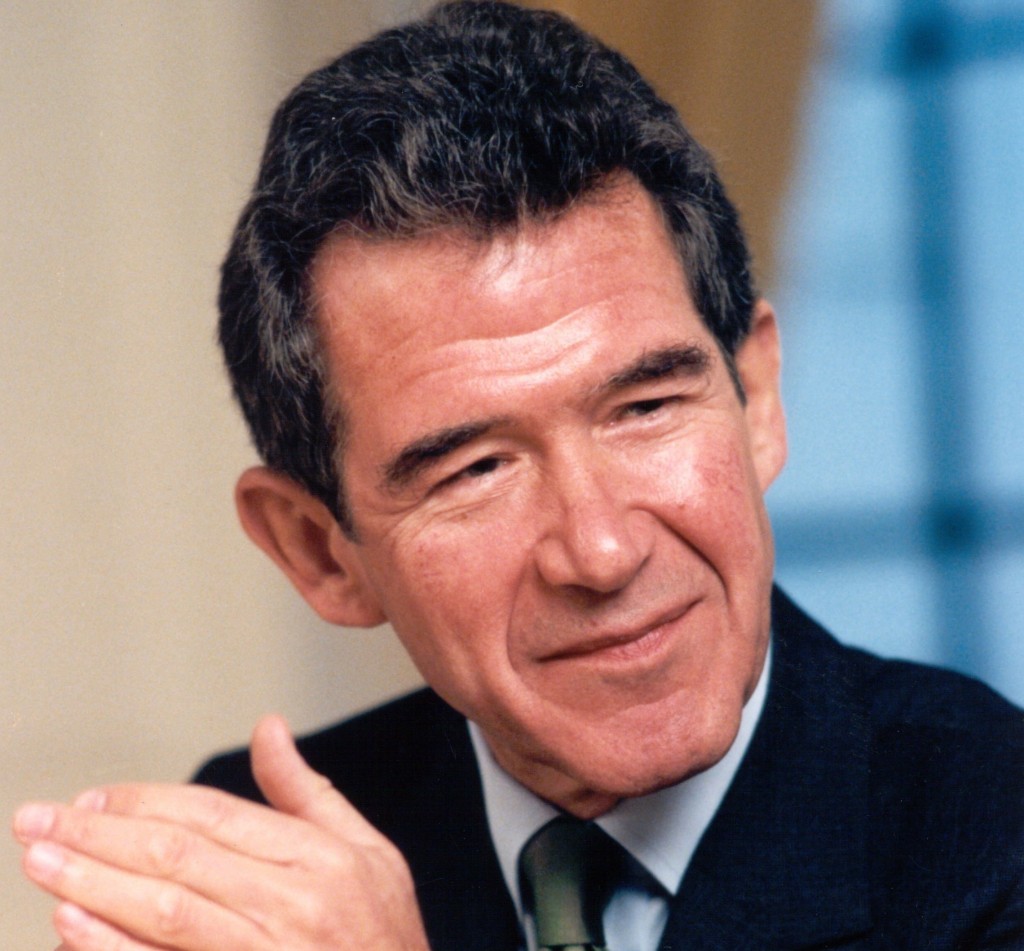
Opening today’s ONS session, industry heavyweight Lord Browne said: “Next month will mark my 50th year in the energy industry. It’s also 50 years since the first wildcat was drilled on the NCS (Norwegian continental shelf).”
The former BP boss said the “unique coincidence” was an opportunity to take stock.
As he and the industry mark the major milestone, the industry leader said there were four clear challenges currently staring down the industry.
First, the rapid decline in commodity prices.
“The downturn has reminded us that oil is a global commodity,” he said.
“Before the decline it seems the industry had forgotten this and thought that anything could be found and could be developed.”
Second, is the pressure to re-evaluate costs in the supply chain.
Lord Browne pointed to the Permian Basin as a marker of creating success in a challenging environment.
The cost of drilling a new well has fallen 20% since oil prices started declining in 2014 and is expected to fall a further 10%, according to the oil boss.
“The evidence suggest the reductions in costs will continue and they will help build an industry that is far more resilient for the future,” the L1 Energy chairman said.
Third is the change in demand for hydrocarbons.
“All trends seem to be indicating more GDP produced from consuming fewer barrels of oil,” he said.
The final challenge is “the existential threat posed to the oil and gas industry by climate change.”
In an offset to the challenges, the industry veteran highlighted the four things Norway does best.
“First, it offers the prospect of activity that will continue long into the future,” he said.
“In my experience new technology means great hydrocarbon provinces always surpass expectations.”
Second was the region’s prospects for growth.
“Third, it offers a relatively low cost environment in which to do business,” he said.
“Total cost per barrel is currently less than half of what it is in the UK and on a par with the US.”
Finally, the Norwegian government’s ability to provide a stable environment sets the region apart.
“I’ve seen first hand the importance of trusting and mutually beneficial relationships in governments,” he said.
“In Norway the government has taken an active role in supporting energy business.”
He added: “I remember when we were first came to the NCS. The biggest frustration of all was – were you going to be given enough activity to keep busy?
“An arrogant company like BP – and I can say that because I used to work there – would say we demand 50% of something. And you could do that in other parts of the world, but you couldn’t do that here. But everybody got used to it.
“It was a very different system but one that worked out well.”
Despite the various challenges he added: “I’m optimistic and confident our industry has the innovation, vision and leadership to continue to shape our future.”
Check back with EV tomorrow to find out Lord Browne’s thoughts on renewables and what the industry needs to “radically” do to remain relevant.
